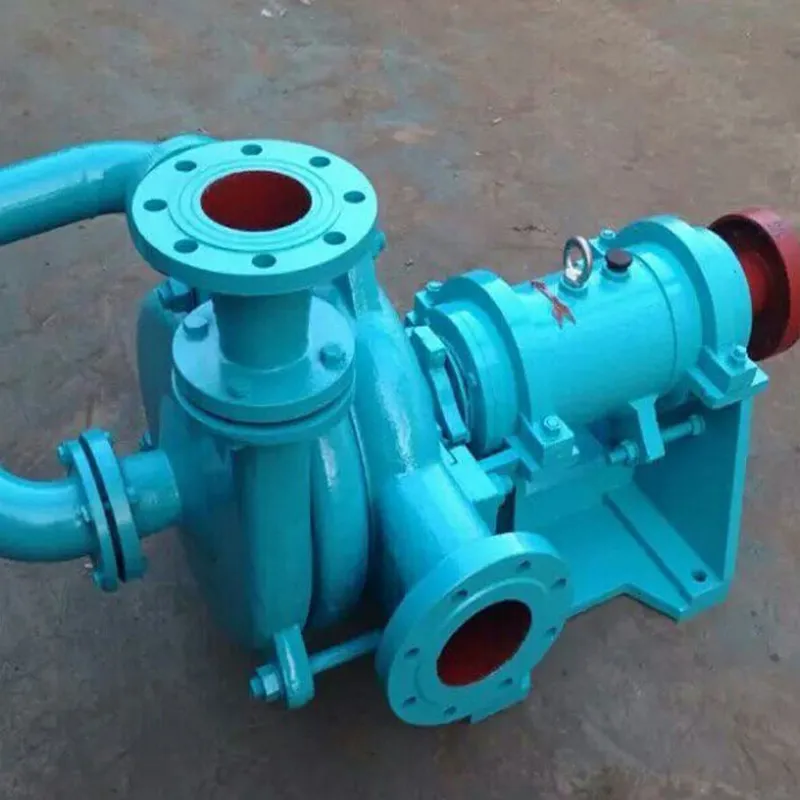Hindi
- Afrikaans
- Albanian
- Amharic
- Arabic
- Armenian
- Azerbaijani
- Basque
- Belarusian
- Bengali
- Bosnian
- Bulgarian
- Catalan
- Cebuano
- Corsican
- Croatian
- Czech
- Danish
- Dutch
- English
- Esperanto
- Estonian
- Finnish
- French
- Frisian
- Galician
- Georgian
- German
- Greek
- Gujarati
- Haitian Creole
- hausa
- hawaiian
- Hebrew
- Hindi
- Miao
- Hungarian
- Icelandic
- igbo
- Indonesian
- irish
- Italian
- Japanese
- Javanese
- Kannada
- kazakh
- Khmer
- Rwandese
- Korean
- Kurdish
- Kyrgyz
- Lao
- Latin
- Latvian
- Lithuanian
- Luxembourgish
- Macedonian
- Malgashi
- Malay
- Malayalam
- Maltese
- Maori
- Marathi
- Mongolian
- Myanmar
- Nepali
- Norwegian
- Norwegian
- Occitan
- Pashto
- Persian
- Polish
- Portuguese
- Punjabi
- Romanian
- Russian
- Samoan
- Scottish Gaelic
- Serbian
- Sesotho
- Shona
- Sindhi
- Sinhala
- Slovak
- Slovenian
- Somali
- Spanish
- Sundanese
- Swahili
- Swedish
- Tagalog
- Tajik
- Tamil
- Tatar
- Telugu
- Thai
- Turkish
- Turkmen
- Ukrainian
- Urdu
- Uighur
- Uzbek
- Vietnamese
- Welsh
- Bantu
- Yiddish
- Yoruba
- Zulu
Telephone: +86 13120555503
Email: frank@cypump.com
अक्टूबर . 13, 2024 14:34 Back to list
Chemical Feed Pumps for Effective Water Treatment System Performance and Reliability
Chemical Feed Pumps for Water Treatment Systems Ensuring Effective Treatment and Safety
Water treatment systems play a crucial role in providing safe, clean water for various applications, from industrial processes to residential supplies. As part of these systems, chemical feed pumps are essential components that ensure the effective and precise addition of chemicals used in water treatment processes. This article delves into the importance of chemical feed pumps, their types, applications, and the factors influencing their selection.
Importance of Chemical Feed Pumps
The primary function of chemical feed pumps is to accurately deliver chemicals into treatment processes, including disinfection, coagulation, pH adjustment, and nutrient addition for biological processes. The accuracy of these pumps directly correlates with the efficiency of the water treatment system. An improper dosage can lead to ineffective treatment, posing risks to public health and the environment. Therefore, selecting the right chemical feed pump is vital for maintaining water quality standards and regulatory compliance.
Types of Chemical Feed Pumps
Chemical feed pumps can be classified into several categories, each with its unique operating principles and applications
1. Diaphragm Pumps These are among the most popular types of chemical feed pumps due to their reliability and ability to handle a wide range of chemicals. They use a flexible diaphragm to create suction and discharge, providing high accuracy and ensuring that corrosive or hazardous chemicals are contained.
2. Peristaltic Pumps These pumps operate by compressing and releasing a flexible tube, pushing the fluid through the tube. They are suitable for dosing viscous and shear-sensitive fluids and are easy to clean and maintain.
3. Gear Pumps Known for their ability to handle high viscosity fluids, gear pumps use rotating gears to displace the chemical. They offer precise flow rates and are ideal for applications requiring consistent dosing.
4. Screw Pumps These pumps utilize a rotating screw to move the chemical and provide a smooth, pulsation-free flow, making them ideal for applications requiring delicate handling of fluids.
Applications in Water Treatment
'chemical feed pumps for water treatment systems ensuring ...'

In water treatment systems, chemical feed pumps perform various critical functions, including
- Chlorination Adding chlorine or other disinfectants to kill pathogens and prevent waterborne diseases. - pH Adjustment Delivering acids or bases to maintain the optimal pH level, essential for effective coagulation and disinfection processes. - Flocculation Feeding coagulants like alum or ferric chloride to facilitate the aggregation of particulates for easier removal. - Nutrient Addition Introducing nutrients in biological treatment processes, such as in wastewater treatment facilities, to ensure effective microbial activity.
Factors Influencing Pump Selection
Selecting the right chemical feed pump requires careful consideration of several factors
1. Chemical Compatibility Ensure that the pump materials are compatible with the specific chemicals being used to prevent degradation and ensure safety.
2. Flow Rate and Pressure Requirements Evaluate the necessary flow rate and discharge pressure to meet the treatment system's demands.
3. Viscosity and Density of Chemicals Different pumps handle various viscosities differently; understanding the physical properties of the chemicals is crucial for selecting the right pump type.
4. Control and Monitoring Capabilities Advanced chemical feed pumps come with integrated control systems that allow for precise dosing adjustments and real-time monitoring of flow rates and chemical levels.
5. Maintenance and Reliability Consider the ease of maintenance and the reliability of the pump, as downtime can significantly impact water treatment processes.
Conclusion
Chemical feed pumps are indispensable in water treatment systems, ensuring the precise dosage of chemicals essential for producing safe, potable water. With a variety of types tailored for different applications and chemicals, the careful selection of these pumps is fundamental. By understanding their importance, functions, and factors influencing their choice, water treatment operators can ensure the effective operation of their treatment systems, ultimately contributing to public health and environmental safety.
-
Custom Drilling Mud and Slurry Pump Supplier - High Efficiency, Tailored Solutions
NewsJun.10,2025
-
Supply Vertical Submersible Sewage Pump High-Efficiency WQ/QW Pumps Supplier
NewsJun.10,2025
-
Premium Sewage Ejection System & Pumps Efficient Waste Removal
NewsJun.09,2025
-
Premium Wholesale Slurry Pump Impellers Durable & Efficient Slurry Handling
NewsJun.09,2025
-
Top Sewage Pump Companies Durable Industrial Solutions for Efficiency
NewsJun.09,2025
-
Heavy Duty Slurry Pumps - OEM High Performance & Bulk Wholesale
NewsJun.09,2025










